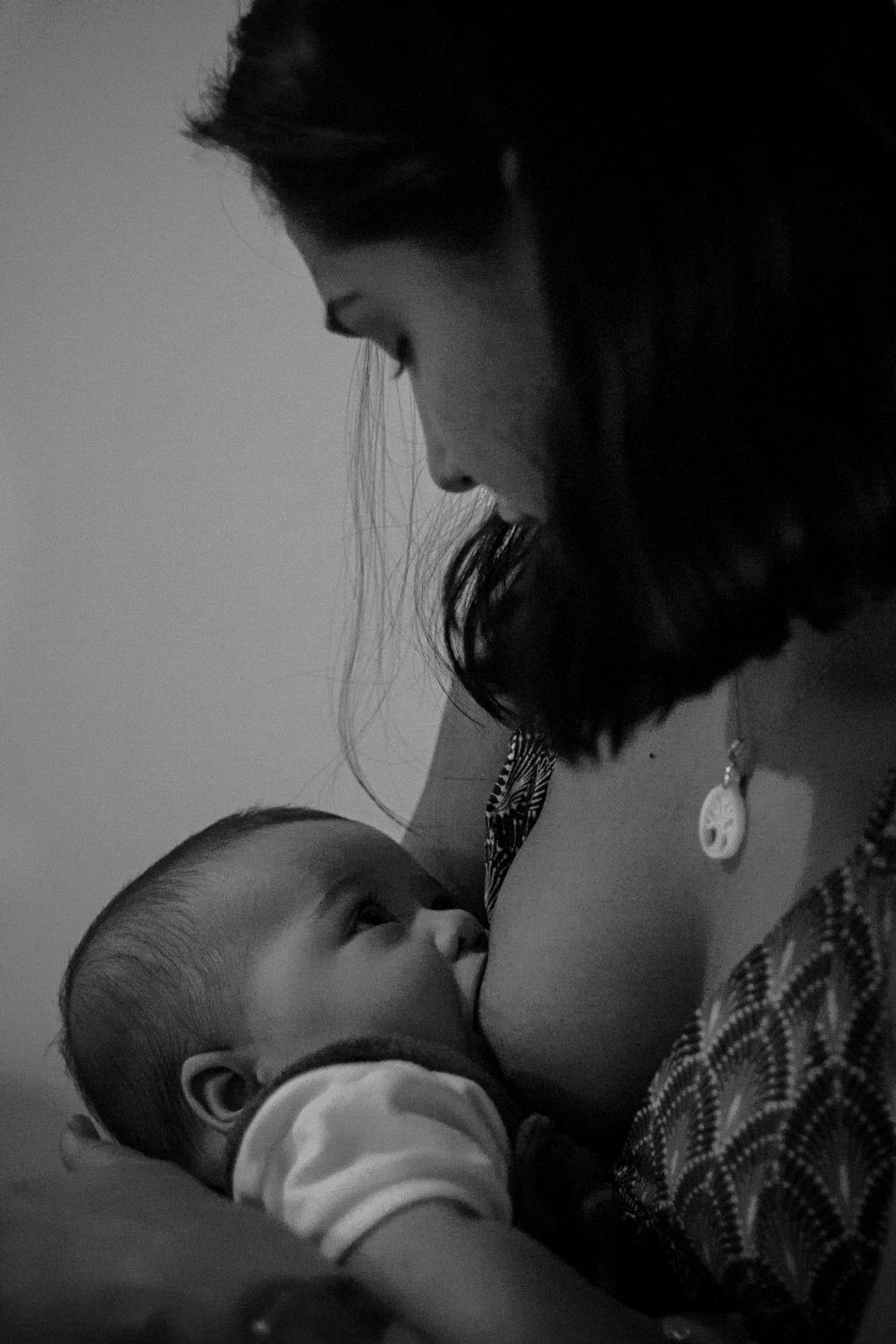Before delving into the reasons why a mother should not breastfeed, it’s important to acknowledge the many benefits that breastfeeding offers both the mother and the baby. Breast milk is not only the perfect nutrition for infants, providing essential nutrients and antibodies, but it also creates a strong bond between mother and child.
However, there are instances where breastfeeding may not be recommended for the health and well-being of either the mother or the baby. One such situation is when the mother is actively using drugs or has difficulties controlling her alcohol intake. In such cases, it is advised that the mother does not breastfeed to prevent any harmful substances from being passed on to the baby through breast milk.
Additionally, women with a history of substance abuse may also be advised against breastfeeding due to the potential risks it poses to the baby’s health. It is essential for the mother to seek medical advice and support to address these issues and ensure the safety of the baby.
Infants with specific medical conditions may also be unable to safely consume breast milk. One such condition is galactosemia, a rare metabolic disorder in which the body cannot properly digest the sugar galactose. In cases where a baby is diagnosed with galactosemia, breastfeeding is not recommended as it can lead to severe health complications.
Furthermore, mothers who are undergoing certain medical treatments or taking medications that may be harmful to the baby should also avoid breastfeeding. It’s crucial for the mother to consult with her healthcare provider to determine the safety of breastfeeding while on medication.
In some situations, if the mother is infected with certain contagious diseases, such as HIV, hepatitis C, or tuberculosis, it may be advisable to refrain from breastfeeding to prevent the transmission of the disease to the baby. It’s essential for mothers to undergo proper testing and counseling to make informed decisions about breastfeeding in such cases.
Mothers who are experiencing certain health conditions, such as untreated tuberculosis or undergoing radiation therapy, may also need to avoid breastfeeding to protect their own health and prevent any potential harm to the baby. Prioritizing the well-being of both the mother and the baby is paramount in such situations.
In cases where the mother is unable to produce an adequate milk supply or is experiencing difficulties with breastfeeding that impact the baby’s nutrition and growth, seeking support from a lactation consultant or healthcare provider is essential. Ensuring the baby’s well-being through alternative feeding methods may be necessary in such circumstances.
It’s important to recognize that every mother’s and baby’s situation is unique, and decisions about breastfeeding should be made in consultation with healthcare professionals who can provide personalized guidance and support. Prioritizing the safety and health of both the mother and the baby is fundamental in determining whether breastfeeding is the best option.
Ultimately, while breastfeeding is highly beneficial for both mother and baby, there are certain circumstances where it may not be the most suitable or safe option. By understanding the factors that can impact breastfeeding and seeking appropriate medical advice, mothers can make informed decisions that promote the health and well-being of their babies.

